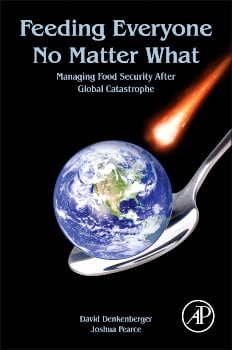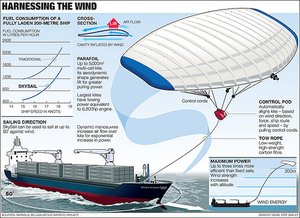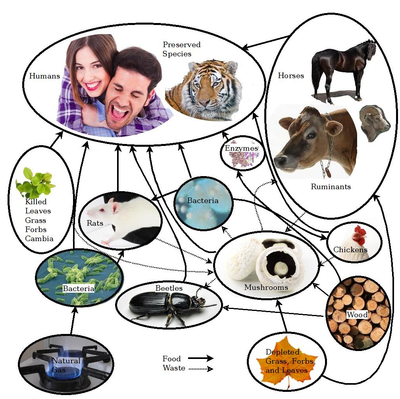
A number of risks could cause widespread electrical failure and temporary global electronics loss, including a series of high-altitude electromagnetic pulses (HEMPs) caused by nuclear weapons, an extreme solar storm, and a coordinated computer virus attack. Since modern industry depends on electricity and electronics, it is likely that much industry would be temporarily halted. The most challenging need to be met in these scenarios is likely to be food, and this is analyzed elsewhere in this conference. However, without industry, food cannot easily be shipped around the world, so one method to maintain the human population without widespread use of electricity in an emergency is relocating people to the food sources. We find that this is possible even in the worst-case scenario by retrofitting ships to be wind powered. We also discuss solutions for non-industry inland transportation, water supply and treatment, and heating of buildings. We find that the nonfood needs could be met for nearly everyone in the short and medium term.
Keywords[edit | edit source]

solar storm, high-altitude electromagnetic pulse, computer virus, global catastrophic risk, existential risk, industry, electricity
See also[edit | edit source]

- Feeding Everyone No Matter What - The full book main page
- David Denkenberger and Joshua Pearce, Feeding Everyone No Matter What: Managing Food Security After Global Catastrophe , 1st Edition, Academic Press, 2015
- Free Preview: Google books
- Cover on Academia
- Facebook page
- Alternative Foods as a Solution to Global Food Supply Catastrophes
- Resilience to global food supply catastrophes
- Feeding Everyone if the Sun is Obscured and Industry is Disabled
- Cost-Effectiveness of Interventions for Alternate Food to Address Agricultural Catastrophes Globally
- Feeding Everyone: Solving the Food Crisis in Event of Global Catastrophes that Kill Crops or Obscure the Sun
- Food without sun: Price and life-saving potential
- Cost-effectiveness of interventions for alternate food in the United States to address agricultural catastrophes
- Micronutrient Availability in Alternative Foods During Agricultural Catastrophes
- Preliminary Automated Determination of Edibility of Alternative Foods: Non-Targeted Screening for Toxins in Red Maple Leaf Concentrate
- Open Source Software Toolchain for Automated Non-Targeted Screening for Toxins in Alternative Foods
- Scaling of greenhouse crop production in low sunlight scenarios
- Potential of microbial protein from hydrogen for preventing mass starvation in catastrophic scenarios
- U.S. Potential of Sustainable Backyard Distributed Animal and Plant Protein Production During & After Pandemics
- Global distribution of forest classes and leaf biomass for use as alternative foods to minimize malnutrition
- Long-term cost-effectiveness of interventions for loss of electricity/industry compared to artificial general intelligence safety
- Long term cost-effectiveness of resilient foods for global catastrophes compared to artificial general intelligence safety
- Rapid repurposing of pulp and paper mills, biorefineries, and breweries for lignocellulosic sugar production in global food catastrophes
- Nutrition in Abrupt Sunlight Reduction Scenarios: Envisioning Feasible Balanced Diets on Resilient Foods
- Methane Single Cell Protein: securing protein supply during global food catastrophes
- Killing two birds with one stone: chemical and biological upcycling of polyethylene terephthalate plastics into food
- How Easy is it to Feed Everyone? Economic Alternatives to Eliminate Human Nutrition Deficits
- Quantifying Alternative Food Potential of Agricultural Residue in Rural Communities of Sub-Saharan Africa
- Yield and Toxin Analysis of Leaf Protein Concentrate from Common North American Coniferous Trees
- Toxic Analysis of Leaf Protein Concentrate Regarding Common Agricultural Residues
- Towards Sustainable Protein Sources: The Thermal and Rheological Properties of Alternative Proteins
Additional Information[edit source]
- ALLFED
- Dave Denkenberger Publications
- OSE Wiki "Synfood" (i.e. protein and other dietary components from microbial organisms fed on gas or other hydrocarbons)







